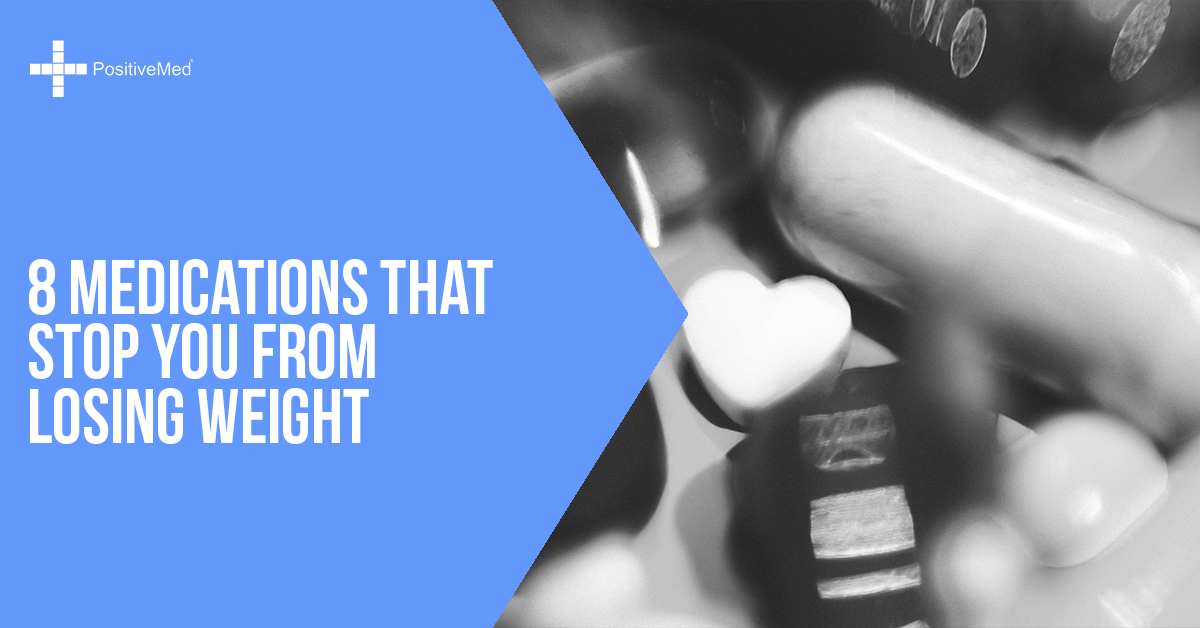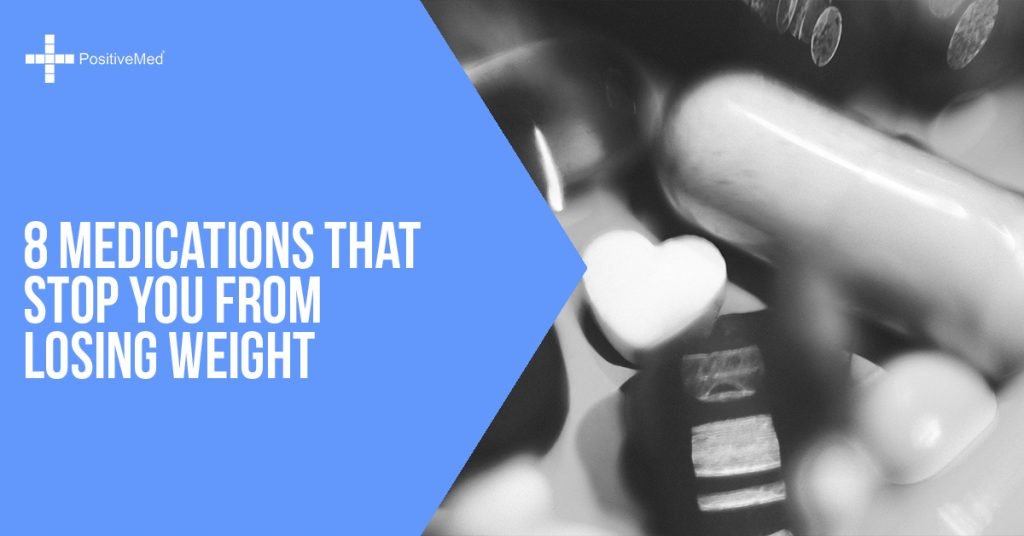8 Medications that Stop You from Losing Weight
Weight loss can be a grueling endeavor, but some underlying causes make it even harder. One reason you may have trouble achieving weight loss goals is the intake of prescription drugs. Some medical conditions and the prescription drugs in use for their treatment can interfere with the body’s ability for losing weight. Some of these drugs are for common conditions such as hypertension, diabetes, inflammation, and anxiety. It is not clear how some of the medications lead to weight gain, but there are different mechanisms to consider. Learning about these medications and their functions is vital for an individual who is taking them and considering cutting down a few pounds.

Some prescription medications are manufactured with weight gain as one of its side effects. When on such medication, even when you combine the healthiest foods and strict exercise routines, it is nearly impossible to shed weight. According to Dr. Arthur Frank, the Weight Management Program director at the University of Washington, “weight gain is an unpredictable side effect of some medications.” Sensitivity to a particular drug increases the chances of weight gain. Drug-induced obesity is the name that refers to such weight gain cases, and most people don’t even know that they have it. Some of these drugs include
1. Insulin
Weight gain in diabetics is a widespread issue, and one reason for that is insulin. The medication increases hunger levels; and therefore, an individual keeps eating. With more food intake, weight increases, and consequently, the need for insulin. It turns into a vicious cycle that hinders efforts of weight loss. Managing weight is, particularly crucial for a diabetic, so this poses serious problems.
RELATED ARTICLE: How He Turns His Coffee Into a Weight Loss Drink
2. Psychiatric Medications
A combination of medications including mood stabilizers, antipsychotics, and antidepressants has been documented to cause weight gain in patients. These medications are for conditions such as depression, schizophrenia, and bipolar disease. The inevitable side effect of these drugs is weight gain. Even when an individual works out to cut weight, every intake of the drugs results in a few extra pounds.
3. Antidepressants
A person on antidepressants starts to feel better, thus getting back their appetite, leading to weight gain. TCAs, tricyclic antidepressants, are the most common types that cause this reaction. Some of these antidepressants have antihistamine effects. A drug such as Remeron boosts the level of serotonin in the body, which causes weight gain.
4. Antihistamines
RELATED ARTICLE: Make Your Weight Loss Effortless with THIS Detoxing Drink
Antihistamines are the most common ways that prescription medication adds weight. These drugs are usually for allergies. What happens is that antihistamines increase hunger and it becomes impossible to keep your weight down. Doctors will prescribe drugs that are highly potent in antihistamines because they help you sleep. The drugs are also suitable for fighting anxiety.
5. Beta Blockers
How beta-blockers interfere with losing weight is their ability to bring down energy levels. Weight loss programs demand a lot of energy. It is difficult to stick to a workout routine when the body does not have the energy for it. These medications also lower the body’s rate to burn calories by about 80 per day. Beta-blockers treat high blood pressure, migraines, and glaucoma among other conditions.
6. Antibiotics
One explanation for why antibiotics increase weight is that they disturb the gut bacteria. It has become popular in the farming sector to administer antibiotics on animals to facilitate weight gain. The effect of taking antibiotics is that is weight increases over time.
7. Steroids
Steroids hinder weight gain by slowing down the body’s metabolism. A slow metabolism means that you don’t have the physiologic capability to lose weight. Each intake of food leads to the deposit of fat, especially around the belly area. Steroids are common treatment options for autoimmune diseases such as asthma or lupus.
8. Diabetic Medication
Besides insulin, certain drugs for the treatment of diabetes Type 2 make it nearly impossible to manage weight. Medications such as DiaBeta and Glucotrol assist in packing on extra pounds. There is also the fact that the drugs increase the production of insulin, causing lower blood sugar and elevated appetites.
You may not know about the losing weight side effects of certain drugs because some don’t outline them. When attempting weight loss, your doctor must evaluate your circumstances first. Never get off drugs without the direct authorization of your doctor.






